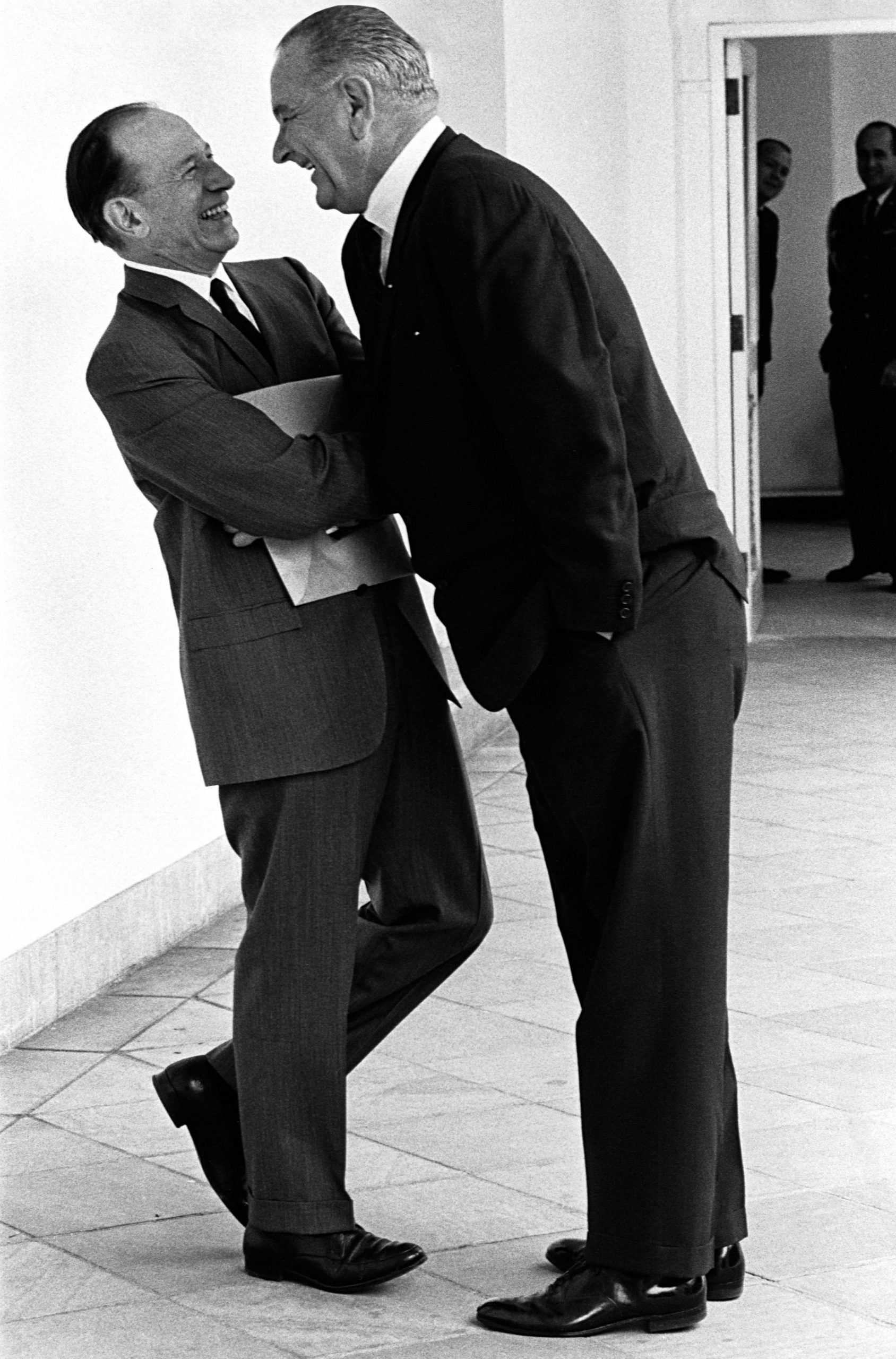
The US Congress was in sombre mood as it met on 27 November 1963 to hear an address by the USA’s new president. ‘All I have I would have given gladly not to be standing here today,’ he began. ‘The greatest leader of our time has been struck down by the foulest deed of our time.’ The man who had served as vice-president for the previous 3 years was talking about the assassination 5 days earlier of President John F. Kennedy. He stood before Congress as Kennedy’s successor. His name was President Lyndon B. Johnson.
His eulogy for Kennedy praised the fallen leader and spoke of the nation’s terrible loss, but also looked forward: ‘This is no time for delay. It is a time for action.’ The new president argued that the best way to honour JFK’s memory was to push forward with the ambitious legislative programme that Kennedy had begun, but which had stalled due largely to opposition in Congress. ‘We meet in grief,’ Johnson concluded, ‘but let us also meet in renewed dedication and renewed vigor.’ How far did he get with this programme in the 5 years he was to serve as president? And how does LBJ measure up to JFK as president?
Your organisation does not have access to this article.
Sign up today to give your students the edge they need to achieve their best grades with subject expertise
Subscribe




